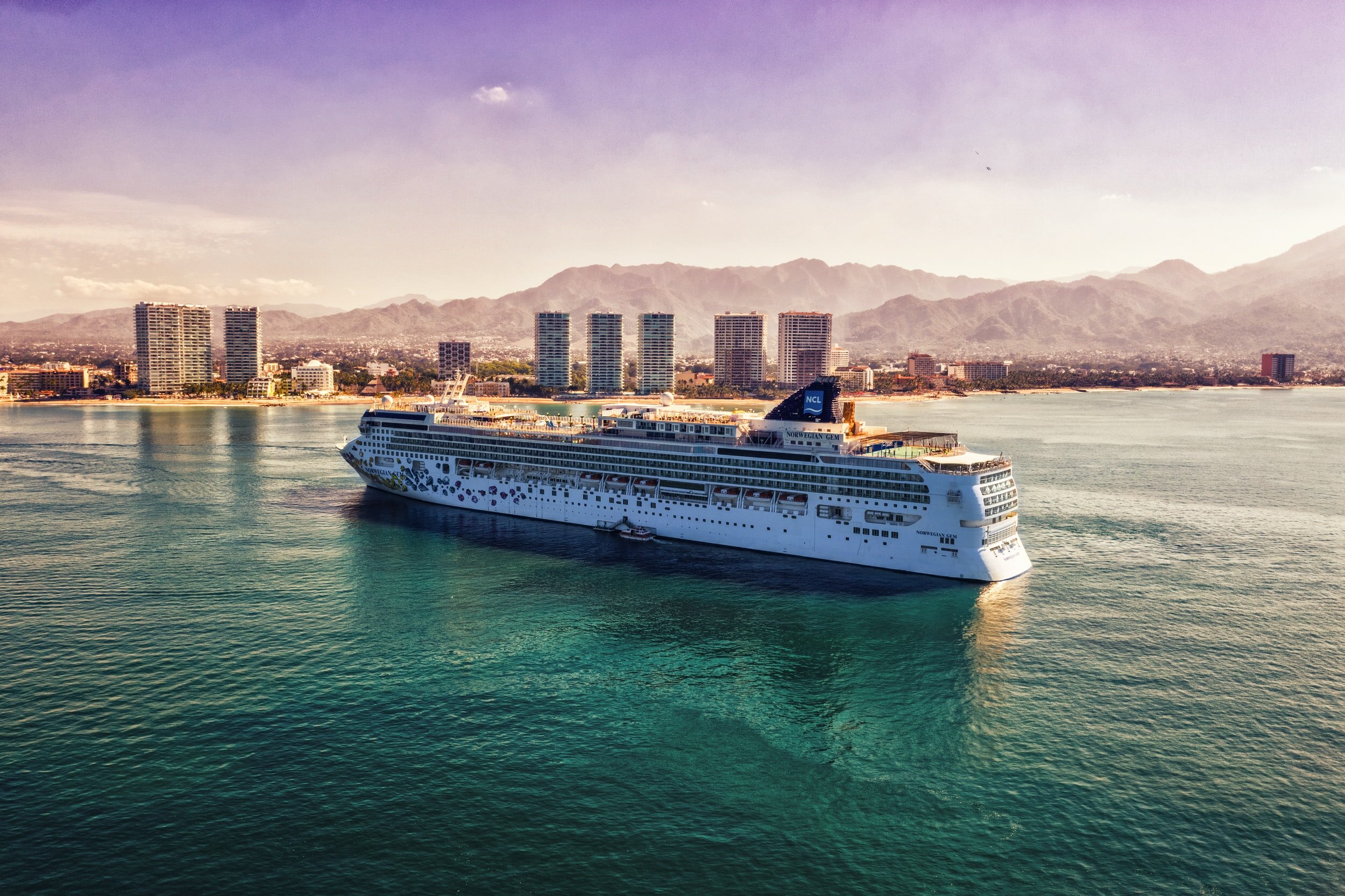
Case Summaries
London Arbitration 30/22
Owners claimed demurrage under an amended Asbatankvoy. Charterers challenged the validity of an NOR as tendered via email, a means not listed by Clause 6 “letter, telegraph, wireless or telephone”. “Wireless”, Charterers argued, referred solely to VHF/radio transmission and the Asbatankvoy form pre-dated email. Owners proved that the NOR email had been transmitted via vessel’s wireless communication system (and email existed before the Asbatankvoy). Owners’ claim, thus, succeeded.
S&B Consultancy Services Ltd v Bourn & Anors [2022] EWHC 2359 – 20 September 2022 (Mr Simon Birt KC)
The Claimant claimed fees under an introductory agency agreement. The Defendant alleged that the Claimant had breached financial services legislation - sec. 26(3) of the FSMA - rendering the agency unenforceable. The Claimant applied to strike out the defence and/or for summary judgment. The Court declined as (i) the subject is an area of developing jurisprudence and decisions on novel points of law should be based on actual findings of fact; (ii) given the uncertainty, it was not possible to conclude that the Defendant had no real prospect of success and (iii) a trial would still be needed to investigate the other defences related to the construction of the agency.
London Arbitration 27/22
When the vessel, chartered on a NYPE form cp, arrived at loadport, her whole crew were tested because the third engineer had presented covid symptoms. In the end only the bosun tested positive so the port authorities ordered a 14-day quarantine. Owners claimed some US$ 275k balance of hire but charterers held the vessel off-hire from arrival at loadport to the end of quarantine. Owners relied on Clause 114 pursuant to which in the specific case of loss of time due to quarantine procedures to combat avian influenza, the vessel would not be off-hire. Charterers relied on the exclusion in the same clause, for which Owners would bear the loss of time and related costs if arising “as a direct consequence of the vessel’s or officers/crew’s history prior to delivery”. The Tribunal found that quarantine would have not been ordered had the bosun not tested positive, so it did not arise as a consequence of events prior to delivery. Owners’ claim thus succeeded.
London Arbitration 29/22
An amended NYPE c/p specified in its description clause the parameters on which performance warranties were based including winds not exceeding Beaufort 4 and waves not greater then DSS3, no adverse current, no swell. The Tribunal rejected Charterers’ argument that these parameters were negated by a separate weather routing clause, and found that the performance analysis of Charterers’ weather bureaus was inconsistent with the description parameters by (i) the use of ‘significant wave height’ (ii) applying a positive current factor but not recognising an adverse one or swell.
London Arbitration 28/22
Pursuant to a supply contract, Claimants supplied bunkers, ordered by Time Charterers (D1) to a Vessel and, being unpaid, commenced arbitration for the invoiced amount, against (D1) and Disponent Owners, who subsequently became bareboat charterers, (D2) . The Tribunal found that the contract definition of ‘Buyer’ was wide enough to cover Ds 1 and 2 and that a clause creating a maritime lien pursuant to US law, created one applicable outside the US, and which attached prior to D2’s acquisition of its interest. The Tribunal found Ds1 and 2 jointly and severally liable for the invoiced amount, interest and costs.
Eastern Pacific Chartering Inc v Pola Maritime Ltd [2022] EWHC 2095 – 10 August 2022 (Ms Clare Ambrose)
The Claimant Owners claimed unpaid T/C hire in High Court proceedings and to secure that claim, arrested a ship, believed to be in Charterers’ ownership, at Gibraltar. The Defendant Charterers sought to set off against hire (i) tortious damages for wrongful arrest; (ii) damages for breach of the C/P delivery/maintenance provisions by reason of hull fouling and (iii) underperformance.
In principle, the Court would have entertained (i) Gibraltar Admiralty law reflecting English law - but found the arrest not wrongful. It disallowed (ii) damages for hull fouling as they would duplicate (iii) the performance claim, which was partially allowed - some good weather underperformance having been made out.